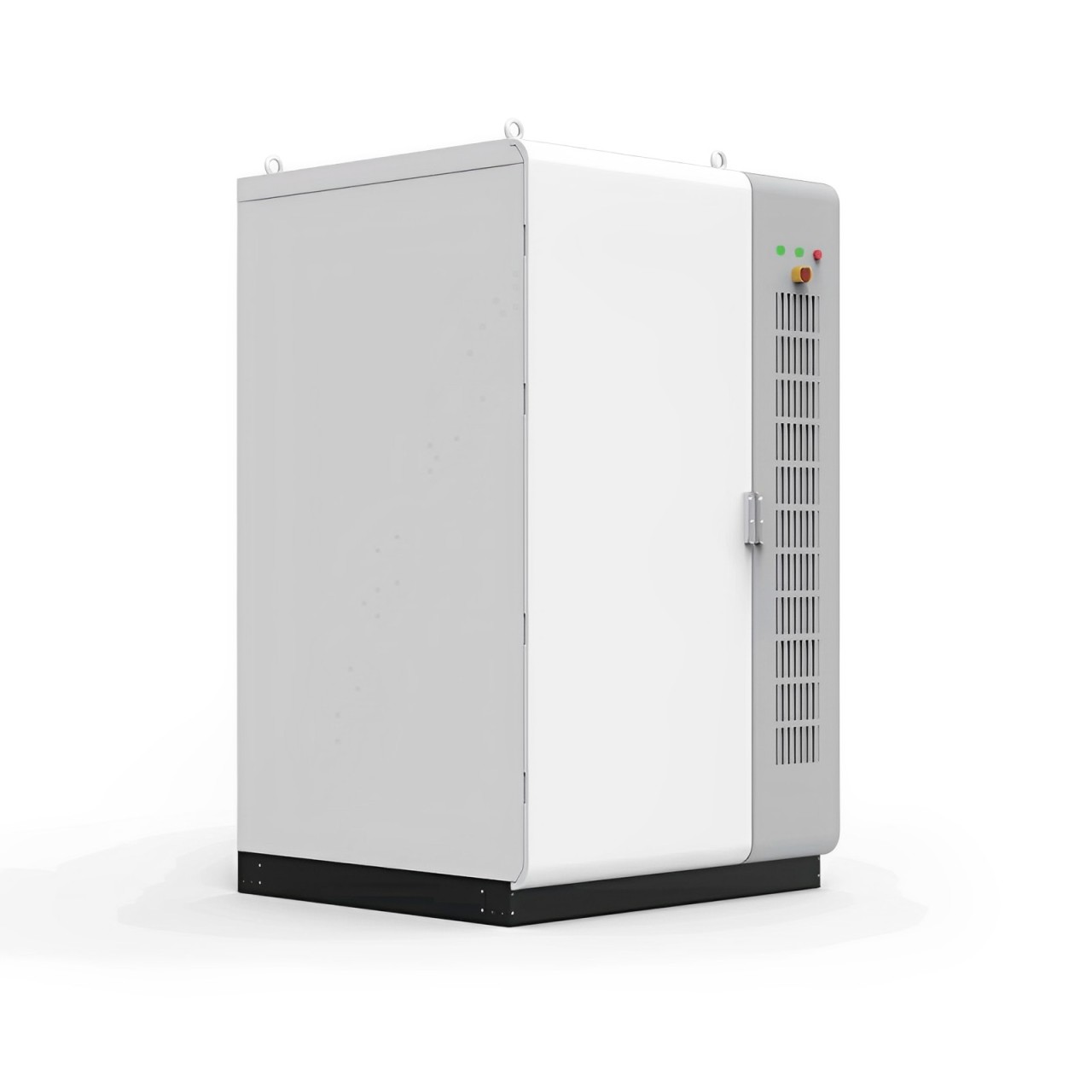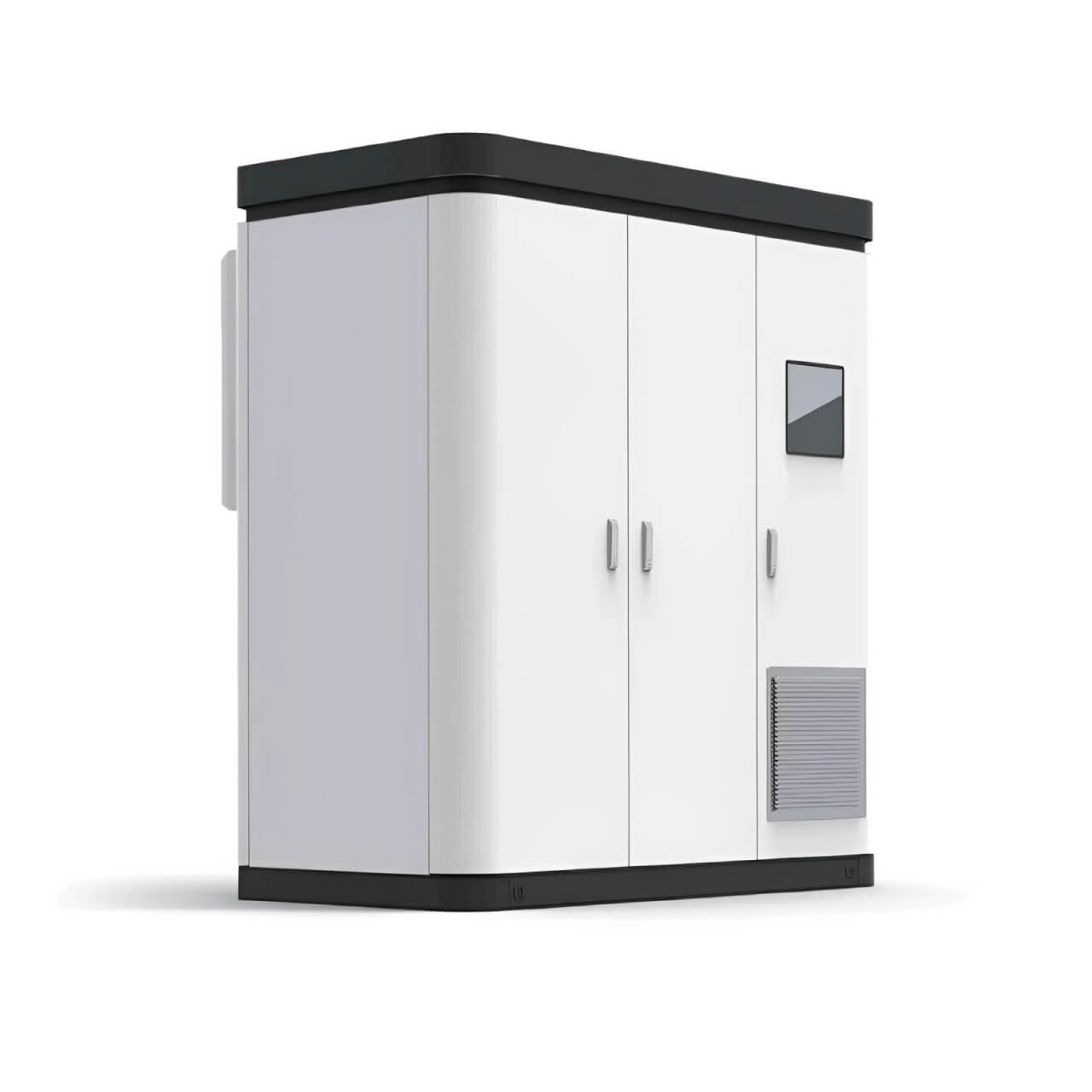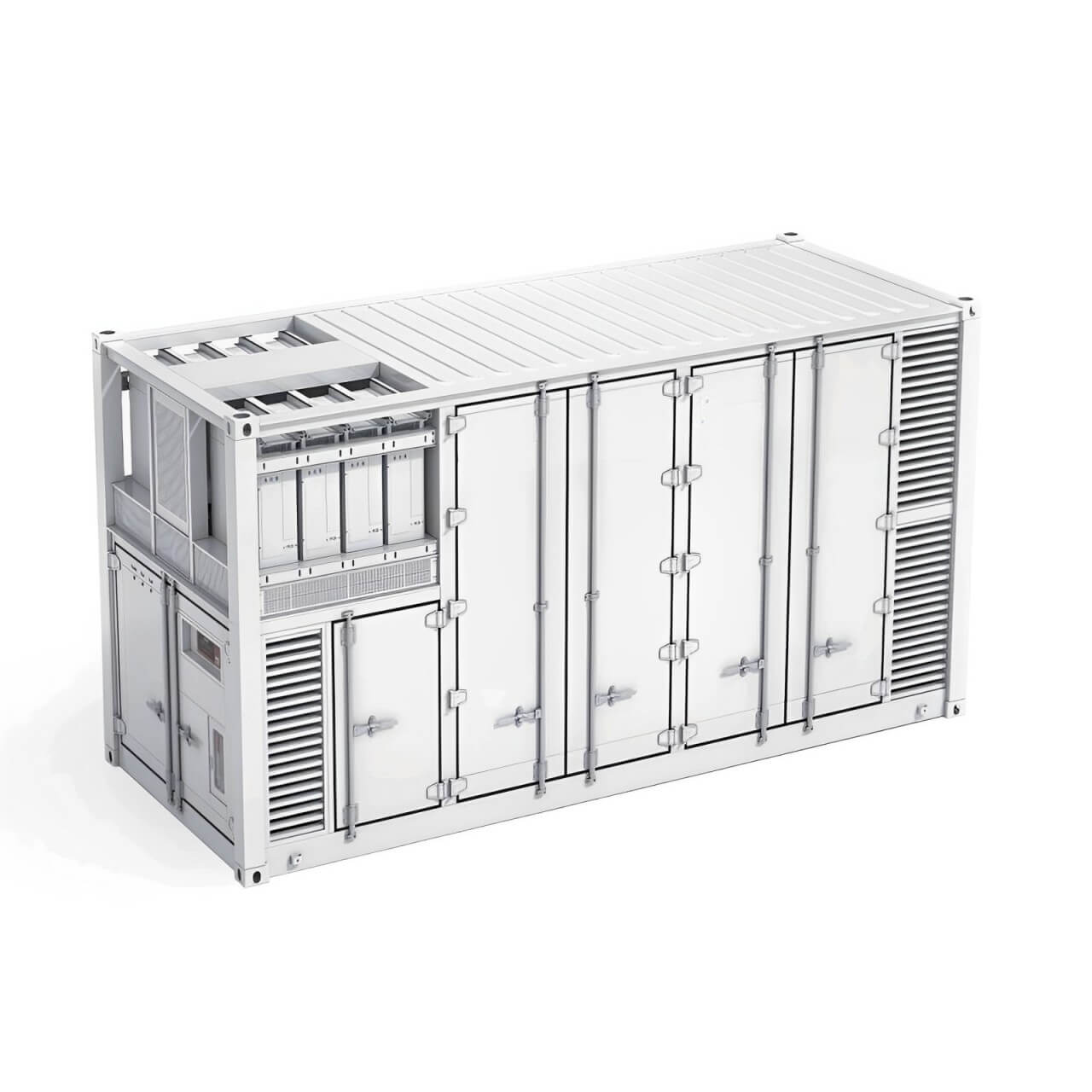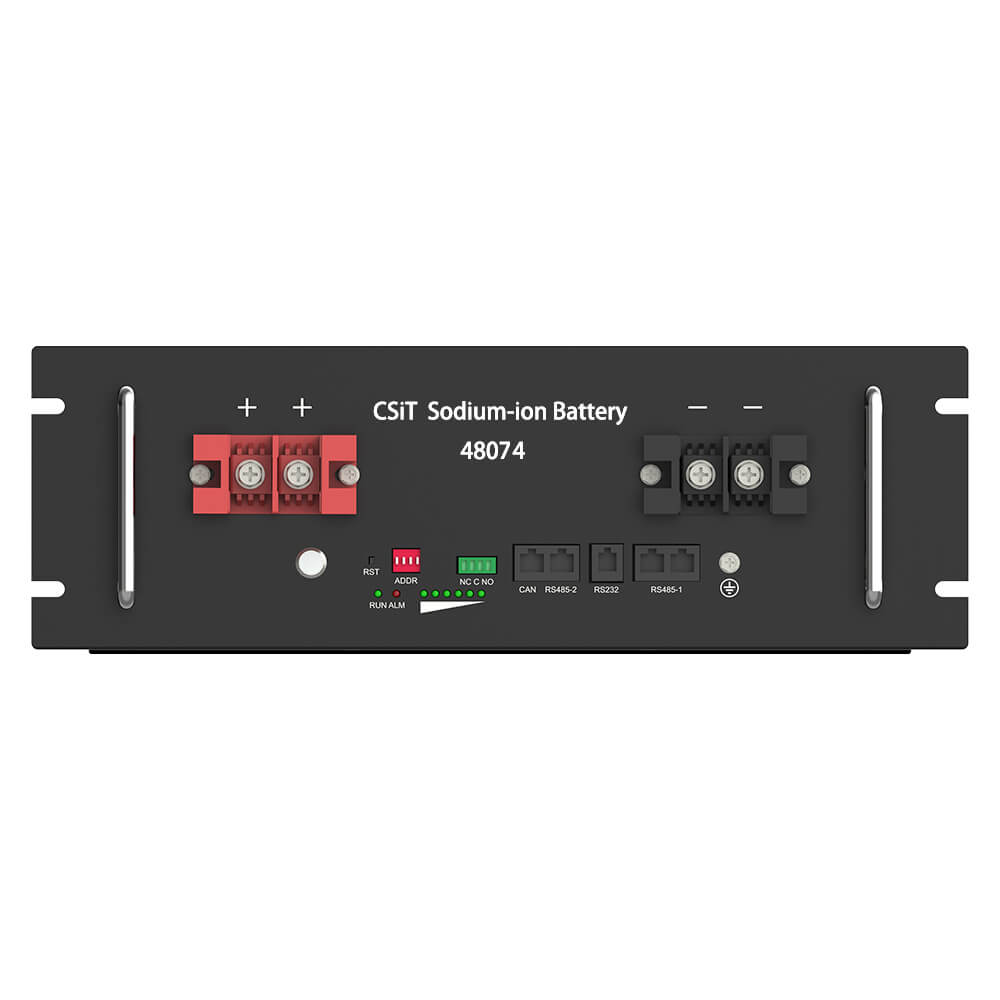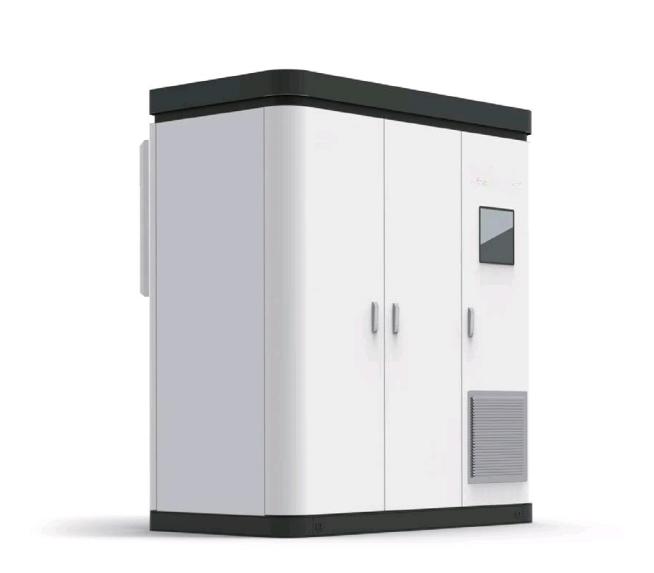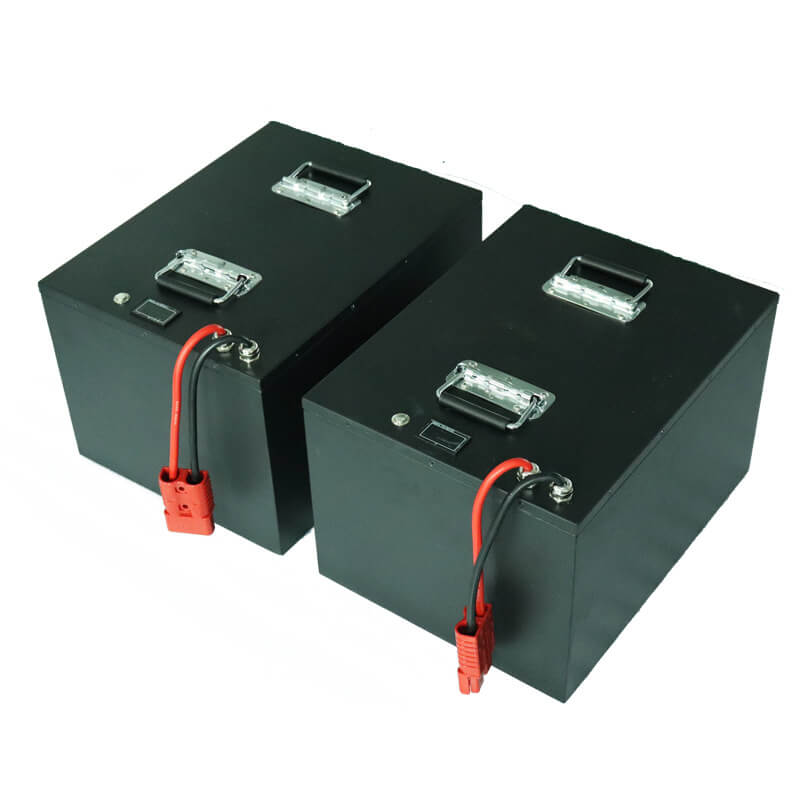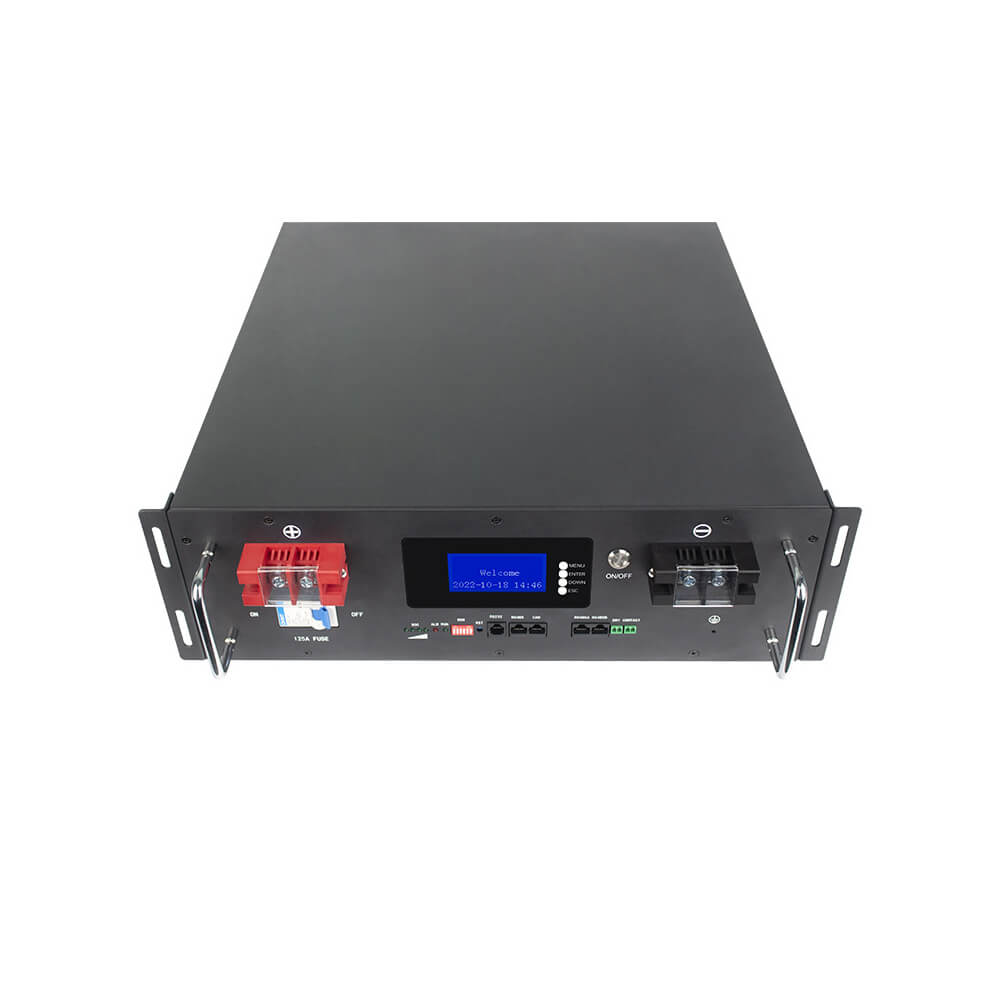RV equipped with 12V lithium battery丨No anxiety about electricity consumption when traveling and camping
The issue of electricity consumption in RVs has always been a concern for long-distance drivers. Do you know how much electricity an RV consumes in a day?
Currently, common electrical appliances in RVs include air conditioners, TVs, audio systems, microwave ovens, refrigerators, washing machines, induction cookers, lighting, monitoring, water pumps, ventilation fans, and more.
(Explanation: Keywords like "electrical appliances," "air conditioners," "TVs," and others highlight the main power-consuming devices in an RV.)
However, the above equipment is not standard for all RVs, and can be installed based on customer or manufacturer requirements.
Depending on the RV's function, the voltage of electrical equipment from different brands also varies.
(Explanation: "Voltage" is a technical term essential for understanding how electrical appliances operate in an RV.)
Air conditioner: 220V. The air conditioner is the appliance with the highest power consumption in RVs.
TV, satellite antenna, audio system: 12V, low power consumption.
Microwave oven: 12V/220V, divided into RV-specific and household versions; RV-specific models support both 12V and 220V, while household ones can only use 220V.
Refrigerator: 12V, RVs generally have RV-specific refrigerators.
Induction cooker: 220V, typically household induction cookers can be installed.
Lighting/atmosphere lights: 12V, low power consumption.
Ventilation fan: 12V.
Kettle: 12V/220V, some people choose 12V kettles, but they boil water slowly; others choose household electric kettles with higher power (small ones are around 300-1200W, large ones are around 800-2000W).
(Explanation: Keywords such as "air conditioner," "refrigerator," "power consumption," and "kettle" are significant for understanding the electrical demand of different appliances in an RV.)
How to choose an RV battery? The power usage time of an RV is determined by the size of the battery capacity in the living area and the power of the electrical equipment used.
(Explanation: "RV battery" and "power" are key terms related to battery selection and energy management.)
When choosing an RV battery, there are four main factors to consider: safety, lifespan, charge and discharge performance, and size and weight.
(Explanation: "Safety," "lifespan," and "charge and discharge performance" are essential technical specifications for batteries.)
With the development of the domestic new energy market, lithium battery products are becoming more mature. Due to their advantages in high energy density, long lifespan, environmental protection, and high safety, lithium iron phosphate batteries are widely used in municipal new energy buses, new energy vehicles, communication base stations, and data centers.
(Explanation: "Lithium battery," "high energy density," and "lithium iron phosphate batteries" are technical terms that explain why lithium batteries are suited for RVs.)
12V RV lithium battery pack
Recently, CSIT launched a new RV energy storage battery. The 12V energy storage device uses lithium iron phosphate batteries, with automotive-grade cells, high safety, more than 2000 charge cycles, long lifespan, high energy density, and light weight, achieving longer driving ranges. The product uses advanced welding technology, large current copper busbars, generating low heat during discharge.
(Explanation: Terms like "lithium battery pack," "energy storage battery," "high safety," "advanced welding technology," and "copper busbars" highlight key features of the battery.)
A powerful allows easy disassembly and assembly, aiding in heat dissipation and maintenance. Thmanagement system modulee practicality of the 4G function. Currently, most early RV lithium batteries are based on hardware-controlled versions without remote wireless power display capabilities, preventing users from monitoring RV power consumption anytime, anywhere. The 4G remote control system for RV batteries makes the RV power system more worry-free and safer. Users can check the RV battery power, battery health status, charge and discharge status, remote switch control, vehicle battery location, and driving trajectory at any time, enabling full monitoring.
(Explanation: Keywords such as "management system module," "remote wireless power display," "4G remote control system," "battery health status," and "location" point out the smart management features of the RV battery system.)
This makes RV life more intelligent and perfect.

 简体中文
简体中文 Russian
Russian French
French German
German Japanese
Japanese Korean
Korean Arabic
Arabic Spanish
Spanish